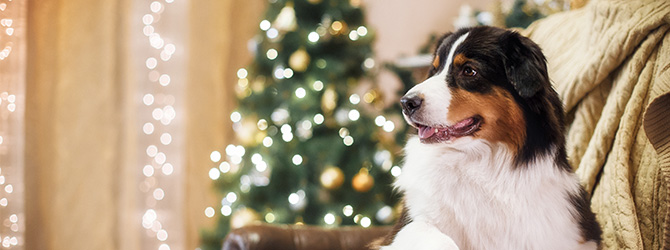9 Christmas foods that are dangerous to pets
First Published: 13/11/2018
Last Updated: 30/11/2023
Whether it’s what we eat or how much, Christmas is really all about food for us humans. From our stockings to our dining tables, morning to evening, food is everywhere during the run-up to Christmas. Sadly though, a lot of the foods we commonly associate with Christmas are highly dangerous for our pets. Let’s take a look at the foods you should keep well out of their reach.
On the first day of Christmas, my owner gave to me… none of what follows, we hope:
Chocolate

Theobromine is a key ingredient in chocolate and cocoa powder. It is highly poisonous to dogs and cats and if they eat any, it can have a fatal effect on their hearts, kidneys and nervous systems. Keep your selection boxes sealed at all times, ideally store them up high – somewhere your pet can’t get to. The same goes for chocolate of any kind, even chocolatey drinks.
Cooked bones
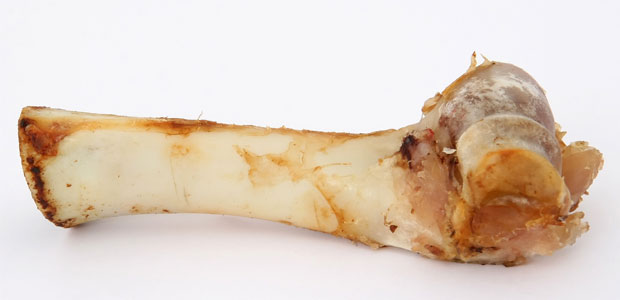
Okay, you’ve got us here. This one isn’t poisonous! You should avoid giving cooked bones to your dog, however, because they are known to split, sometimes scratching or getting lodged into your furry friend’s throat, sometimes causing slab fractures of their teeth. Raw bones, which can also cause salmonella, are equally dangerous. If you insist upon giving the dog a bone this Christmas, we recommend you stick with a squeaky toy one!
Corn on the cob
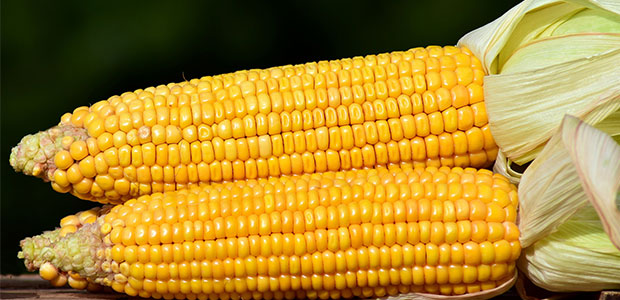
The cob might cause a blockage if your pet swallows it. The corn itself isn’t the easiest to digest either so it’s best to avoid feeding corn on the cob to your pet.
Alcohol

Alcohol can cause an array of serious health problems, the most common symptoms being vomiting, depression, visible dizziness and breathing difficulties. Make sure mulled wine, Bailey’s and other such delights are reserved for humans only this Christmas and don’t leave your glass on the floor unattended either (you know what will happen…)
Grapes and raisins
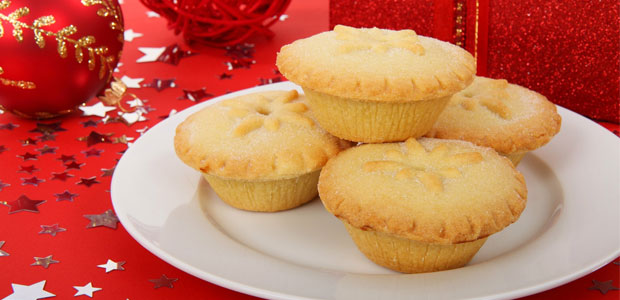
Grapes are highly toxic to pets and can cause kidney failure if they’re eaten. Watch out for the likes of Christmas cake, Christmas pudding, fruitcakes and sweet mince pies. (Things you’d naturally keep to yourself and guard with your life anyway, so we’re all good here.)
Onions, garlic and chives

These ingredients are known to cause stomach and red blood cell damage to pets. Be careful while you cook: it’s worth keeping your pets out of the kitchen in case you drop anything. Once you’re all sorted and everything is in the oven, be sure to have a good clean up (especially of the floor) before letting them come back in.
Nuts

Certain types of nuts, macadamia nuts in particular, can cause our pets to suffer vomiting, depression and hyperthermia if they eat them. They’re also a choking hazard. As with the other foods listed here, keep nuts well away from your pets, take extra care not to drop any and to clean them up right away if you do.
Xylitol (the sweetener)

Xylitol is found in most sugar-free treats such as chewing gum, sweets and some types of peanut butter. It can also be used in toothpaste/mouthwash and in certain baked goods. If your pet ingests any such product, they’re at risk of vomiting, general discomfort, seizures and even death. Perhaps the following will serve as a useful rule: if it isn’t stated explicitly that it’s suitable or designed for pets, don’t feed it to them!
Fatty foods
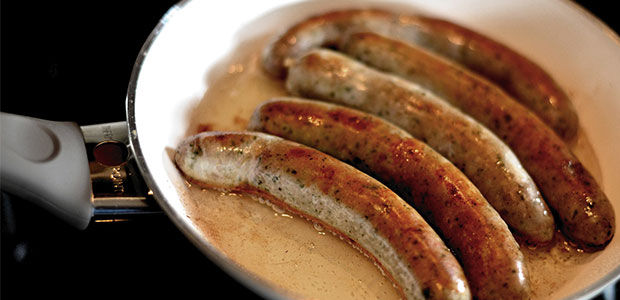
Although harmless in small doses, fatty foods could give your pet an upset stomach and can sometimes lead to pancreatitis - a painful and debilitating condition that can be fatal in some cases. It’s worth steering clear, especially of sausages and turkey skin; you might see it as a Christmas treat but the chances are your pet will resort to begging you for it the next time they see you with it, and if you give in every time, they could end up obese. We therefore recommend you avoid feeding fatty foods to your pets.
What if my pet eats a dangerous food?
Better safe than sorry. You should contact your vet or relevant out-of-hours provider immediately. If a trip to the vets is necessary, remember to take with you the packaging of whatever your pet has eaten, this will help the vet a great deal because they’ll be able to read the ingredients.
Which Christmas treats can I feed my pet?
Of course, there are loads of pet-friendly Christmas treats out there that are approved by vets. It’s also a really great idea to get your pet a gift, this will keep them entertained and make sure they aren’t too left-out of the festivities.
Need more advice?
Short of ideas? Why not talk to your vet? They’ll be more than happy to help and can recommend some treats and toys to ensure your pets have a Very Merry Christmas indeed.
Find your nearest vet using our Find a Vet page, or speak to a vet online using Online Vets.
